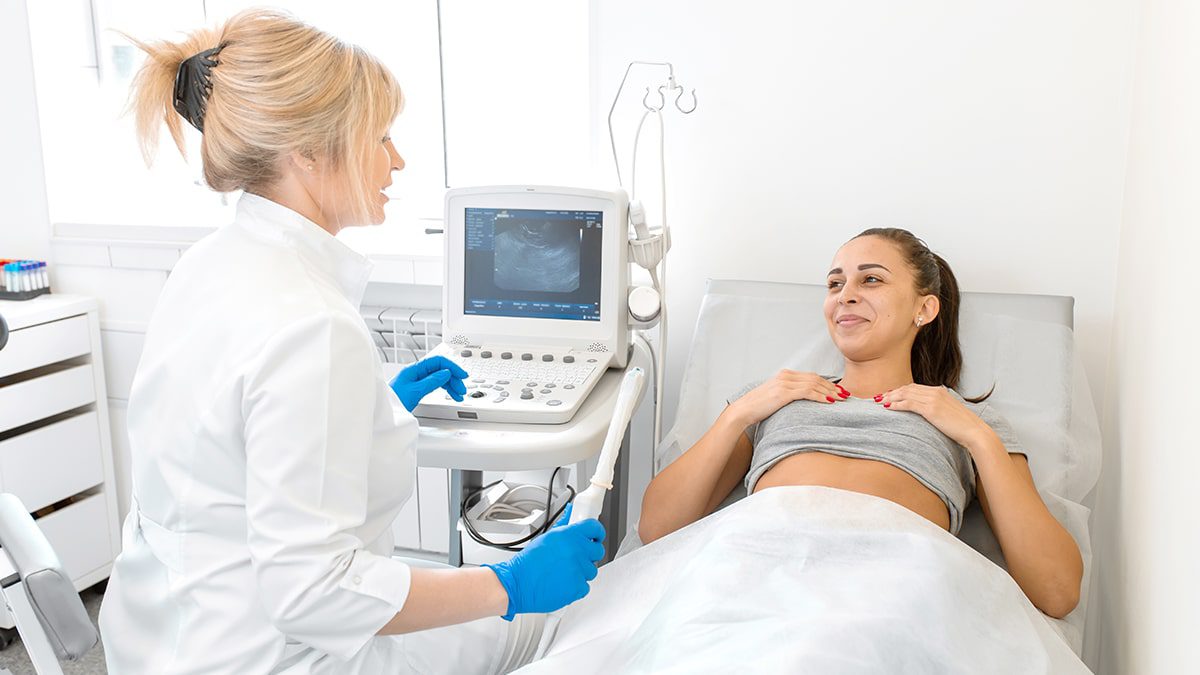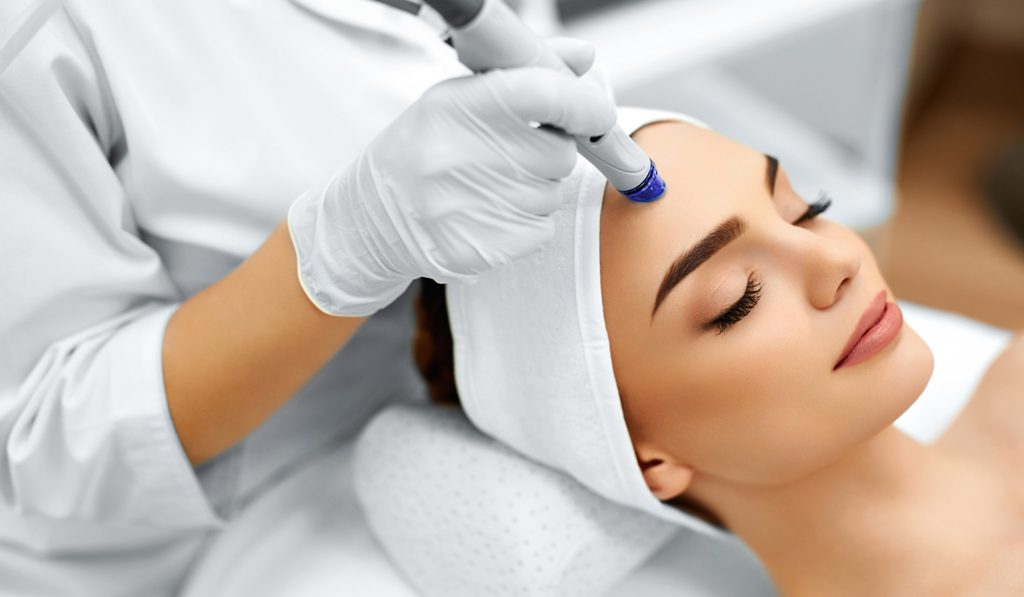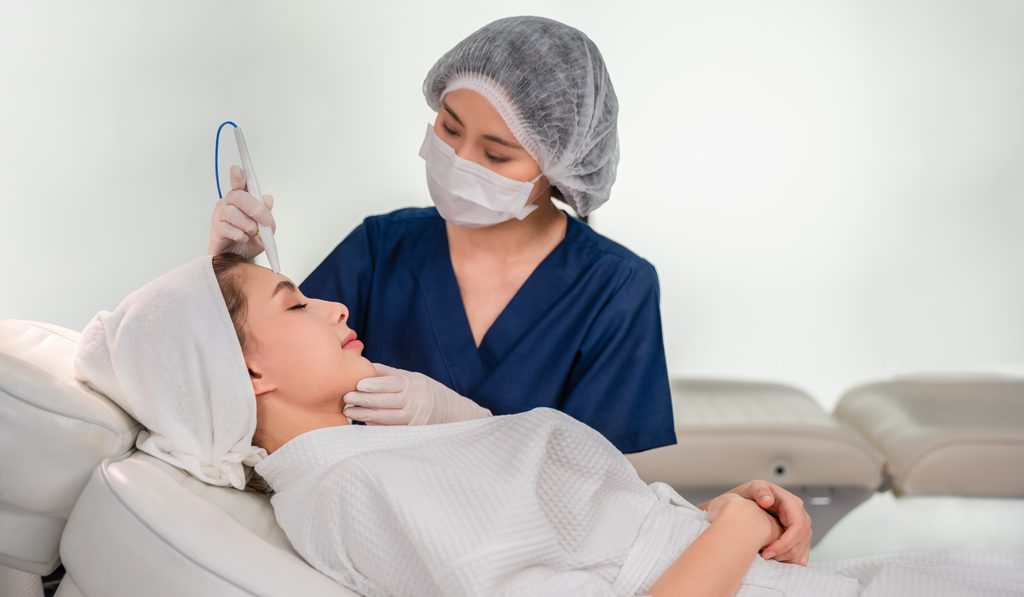How often should a woman go to the gynecologist?
Many women feel that they need to visit a gynecologist only when they are pregnant or when they are suffering from any abnormalities in their reproductive life. But this belief couldn’t be any more wrong. Similar to how it is recommended to have regular dental check-ups and eye check-ups, it is also important to ensure that your reproductive system stays functional, for which regular visits to gynecologists are important.
From pregnancy and childbirth to fertility and menstruation issues, from hormone disorders to Sexually Transmitted Diseases (STDs), the need for a gynecologist in your life is plentiful; and today we are going to assess just that.
Reasons to Visit a Gynecologist Regularly

A gynecologist is a doctor who specializes in female health, with a special focus on the female reproductive system. A certified gynecologist must have at least eight years of training and should carry qualifications in the form of a certificate by a professional organization such as the American Board of Obstetrics and Gynecology (ABOG) or American College of Obstetricians and Gynaecologists (ACOG). This includes four years of training as a doctor and another four years of specialization in the field of gynecology and obstetrics.
It must be noted that gynecologists are trained to treat patients with female reproductive organs, irrespective of the fact whether they identify as women or not. So, the gender doesn’t matter here, the sex does. An extensive variant of a gynecologist is known as an obstetrician who specializes in pregnancy and childbirth.
As a woman, it is of utmost importance that you take care of your reproductive health. There are times when you yourself can’t pinpoint as to whether something wrong is going on with your body or not. Therefore, having the viewpoints and help of an expert (who, in this case, is the gynecologist) is always recommended.
At the occurrence of the following conditions, you must visit a gynecologist immediately:
- Fertility, pregnancy, and childbirth-related issues.
- Menopause and menstruation and other related health problems.
- Concerns regarding any STDs.
- Any pain or abnormalities associated with the tissues that support pelvic organs that include muscles and ligaments.
- Abscesses and other pelvic inflammatory diseases.
- Urinary and faecal incontinence.
- Sexual dysfunction.
- Sexuality related questions.
- Premalignant conditions such as cervical dysplasia or endometrial hyperplasia.
- Congenital abnormalities of the female reproductive tract.
- Cancers in and around the breast or the reproductive tract.
- Pregnancy-related tumors.
- Polycystic ovary syndrome.
- Chronic conditions that adversely affect the reproductive system such as endometriosis.
- Benign reproductive-tract health conditions such as fibroids, ovarian cysts, vaginal ulcers, vulvar ulcers, breast disorders, etc.
- Missed periods.
- Unusual vaginal or anal discharge.
- Pain, puckering, or lumps in the breasts or any nipple discharge.
- Painful sexual intercourse.
- Any sort of emergency care that relates to your reproductive health.
- Advice related to family planning. This includes any query associated with sterilization, pregnancy termination, and contraception.
You will be surprised to know that gynecologists also provide general health care to their patients. This includes diagnosing and providing medicines for treating health conditions such as low back pain, acne, headache, and mood changes.
Besides, some other major concerns that women face in their lifetime can also be addressed by a gynecologist. For example, asthma, diabetes, cardiovascular diseases, thyroid disorders, hormonal issues, and osteoporosis.
In fact, you can also talk to your gynecologist about your psychiatric conditions such as personality disorders and depression, and how it is affecting your reproductive health. Any help in case of sexual assault or domestic violence can also be taken from a gynecologist.
What is the Right Age to Start Visiting a Gynaecologist?

Visiting a gynecological and obstetrics clinic will help you in maintaining your overall physical, mental, and sexual well-being. There is no such thing called the right time to start visiting a gynecologist since they treat women irrespective of their ages. However, if you strictly want to go by medical recommendations of the ACOG, then we suggest you to start visiting a gynecologist from the age of 13 to 15 years.
Starting at an early age will not only help a teenager understand and get comfortable with the bodily changes, but will also help in breaking the ice with the gynecologist so that she feels free while asking questions about sexuality, menstruations, and other related issues. It is completely natural to feel nervous before your first gynecologist visit. If you want to share in any confidential information with your doctor, tell him or her to keep the conversation confidential. You can also take a loved one (mother, guardian, sister, friend) with yourself while visiting your gynecology doctor.
It also helps the gynecologist in guiding her to plan her overall long-term welfare through health and lifestyle suggestions.
It must be noted that gynecologists are also trained at providing genetic counselling to their patients, which is extremely important for the healthy mental growth of young girls.
Gynecology-related Diagnosis and Procedures
Gynecologists are trained to perform diagnosis and conduct various health procedures. These can include the following:
- Ultrasound scanning
- Pap smear tests
- Endometrial biopsy (or taking a sample for the lining of your uterus)
- Colposcopy, which is a microscopic health examination of your cervix.
- Hysteroscopy, wherein an endoscope is used to examine your uterus.
- Laparoscopy, which is a keyhole abdominal procedure. It is performed in your pelvis or abdominal region with the help of a camera to make small incisions.
- Sterilizations and other minor surgeries.
- Major surgeries such as removal of fibroids from the uterus.
- Postoperative care.
- Bowel obstruction
Apart from these, there are also options available for pediatric gynecology, maternal-fetal medicine, and gynecology oncology. Feel free to talk to your doctor about the same.
Gynecology Screening

It is highly recommended to have a gynecological screening at least once a year for maintaining proper health.
Gynecology screening includes the following steps:
- Advice and evaluation.
- Age-based or risk-based immunization.
- Physical examinations that include measuring Body Mass Index (BMI), standard vital signs, palpating the abdomen and inguinal lymph nodes, and taking a look at the overall health.
- A breast and pelvic examination (in accordance with the age of the patient).
In addition to that, you may be asked to take other health examinations such as colonoscopy and mammography and immunizations and be advised on your folic acid and calcium intake as well.
Based on your health condition, you may have to provide a urine or blood sample for the screening test. When you regularly visit your gynecologist, you will not only be more self-aware about the overall functionality of your body, but you will also be able to minimize all sorts of health risks.
Things to Remember While Visiting a Gynaecologist
Keep in mind the following points while visiting your gynecologist:
- Be 100% honest about your health and lifestyle choices and give your doctor an honest account so that he/she can diagnose you better.
- You don’t have to worry about waxing or shaving before visiting the gynecology clinic.
- If there is any bodily odour in and around your reproductive organ, don’t use any perfume or deodorizer in that area. It is completely natural. You may speak to your gynecologist about it.
- It is recommended to avoid using tampons or having a vaginal douche or sexual activity two days before any gynecological examination.
- If the date of your period clashes with the appointment date of your doctor, try to postpone it until and unless it is absolutely urgent.
As you have learned, the scope of gynecology is much wider than what most people think it to be. Your gynecologist can help you in multiple ways. So, be wise and don’t neglect your health at all and take an appointment at a reputed and trustworthy medical centre and stay in touch with a certified gynecologist regularly.
References
Emre Yanikkerem, Meral Özdemir, Hilal Bingol, Ayşe Tatar, and Gülten Karadeniz – NCBI – Women’s attitudes and expectations regarding the gynaecological examination. Available at:
https://www.ncbi.nlm.nih.gov/pmc/articles/PMC2801597/
Chia-Pei Chang, Chia-Lin Chou, Yueh-Ching Chou, Chun-Chih Shao, Irene H. Su, Tzeng-Ji Chen, Li-Fang Chou, and Hann-Chin Yu – NCBI – The Ecology of Gynecological Care for Women. Available at:
https://www.ncbi.nlm.nih.gov/pmc/articles/PMC4143825/
Deborah B Ehrenthal, Ana E Núñez, Elizabeth O’Neill, Candace Robertson-James, Sonya Feinberg Addo, and Ashley Stewart – PubMed – The Role of the Obstetrician/Gynecologist in the Prevention of Cardiovascular Disease in Women. Available at:
https://pubmed.ncbi.nlm.nih.gov/21703866/
Jennifer A Tessmer-Tuck and William F Rayburn – ResearchGate – Roles of Obstetrician-Gynecologist Hospitalists with Changes in the Obstetrician-Gynecologist Workforce and Practice. Available at:
https://www.researchgate.net/publication/281516315_Roles_of_Obstetrician-Gynecologist_Hospitalists_with_Changes_in_the_Obstetrician-Gynecologist_Workforce_and_Practice
Aqsa Tahir, Umer Maqsood, and Hafiz Ahmad Arshad – ResearchGate – Awareness of Obstetricians and Gynecologist Regarding Role of Physical Therapy in Managing Obstetric and Gynecological Patients in Private and Government Hospital. Available at:
https://www.researchgate.net/publication/334363439_Awareness_of_Obstetricians_and_Gynecologist_Regarding_Role_of_Physical_Therapy_in_Managing_Obstetric_and_Gynecological_Patients_in_Private_and_Government_Hospital
















